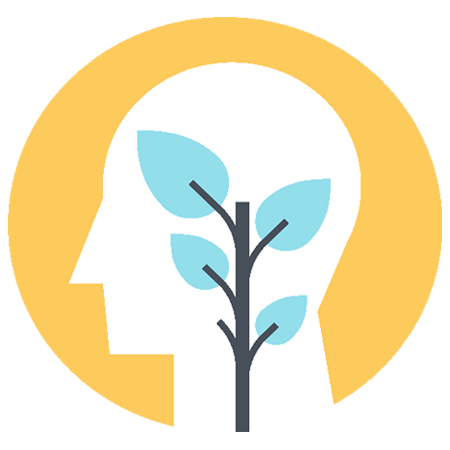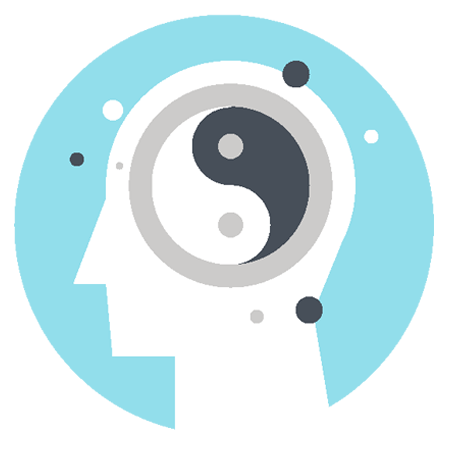The secret to all successful relationships is gaining alignment with others, with emotional composure and resilience.
Achieving Meaningful Alignment is a program committed to helping people engage one another, actively and skillfully.

CULTIVATE RESILIENCE

DEVELOP MINDFULNESS

RESTORE BALANCE

IMPROVE RELATIONSHIPS
Program Highlights:
→ Learn which dialogue styles we tend to use with others, particularly when the stakes are high and disagreements are strong.
→ Discover vital techniques to manage your own emotion, and the emotions of others.
→ Explore ways to build greater emotional resiliency.
→ Learn and practice the six steps and emotional management techniques of Meaningful Alignment.
Armed with this insight into our unique behavioral tendencies and underlying motivational drives, we are then able to regulate our emotions, and address others more mindfully.
By our basic nature, people lack the confidence, competence,
and comfort to interact with one another when the stakes are high.
Meaningful Alignment refers to any conversation involving two or more people where alignment and deep understanding are vital to a successful outcome. More specifically, we are referring to the high stakes interactions we have at times where emotions run high, and viewpoints are often not aligned. These discussions happen in all spheres of our life: at work, at home, in school or on social media.
We struggle to be in alignment for a number of reasons, such as differences of opinion, competing priorities and contrasting frames of reference — culture, language, generation, role differences and personal life history all come into play.
The ability to manage emotion, resolve conflict, and create meaningful alignment with others is not innate. It must be learned. However, few people are trained to focus on emotional management skills throughout their careers.
The impact of poor communication is immense.
According to one study, conflicts between employees cause over 350 billion dollars of lost productivity each year. Over time, sustained and unresolved conflicts cause many stress-related illnesses, which not only impacts our performance at work, but our long-term mental and physical well-being. Researchers have indicated that 67% of employees have avoided colleagues because of fears of conflict, and 25 percent have even called-in sick to avoid someone. As a result, managers will spend anywhere between 25 – 40 percent of their work week dealing with disagreements, disputes, and unresolved conflicts.
So, what’s the underlying problem, and more importantly, what’s the solution?
Although there are many self-improvement books and courses that teach techniques for communicating effectively, a technique-based approach isn’t enough. When it comes to improving our ability to communicate with others, we must keep in mind that no two people are alike. The path to improving our ability will be different for each person.
Achieving a successful outcome for all parties involved begins with understanding ourselves and the “inside game” of our mind. This deeper self-knowledge is achieved through our Interpersonal Dialogue Profile™ assessment.
Each of us experiences the world of emotion, thought, and physical sensation a bit differently than another. We also experience the spectrum of our feelings at different levels of intensity, much like a volume dial on a radio, or the temperature reading on a thermometer. These individual differences cause us to misunderstand and misread one another, leading to a less than desirable set of reactions, habits, and coping behaviors.
Meaningful Alignment provides a means to develop emotional intelligence, communication acumen, ability to resolve conflicts, and perhaps most importantly — to receive more satisfaction and joy from the social dimension of life.
